You have no items in your cart. Want to get some nice things?
Go shopping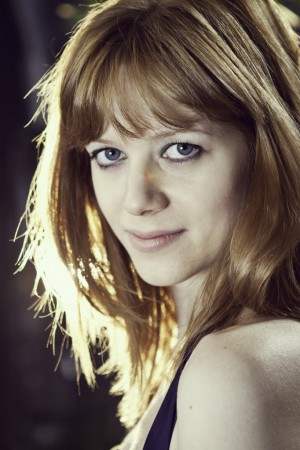
Hanna Jameson’s debut novel Something You Are was published in December 2012, when Jameson was just twenty-two. Currently a student at the University of Sussex, Jameson first came up with the idea for her London Underground series at the age of seventeen. She met her agent after a gig for the band The Darkness, and Something You Are was sold to a new kid on the block of London publishing, Head of Zeus, a month into her first term at university.
Influenced by Tarantino, David Peace, and (most of all) Nick Cave, Jameson’s writing has been described as being like “an angel on speed”. In Something You Are, she’s created a twisted, dark and very sophisticated London underworld that will stay in your head long after you’ve finished reading it.
In the first of Litro‘s series of interviews with newly published authors, Robin Stevens talks to Jameson about her experiences of writing her first novel and its road to publication.
Where did the idea for the novel come from? What part of it came to you first?
The original idea I had when I was seventeen. It was much more idealistic, much more of a straightforward love story — although it was still pretty horrible! Then during the rewrites it got so much darker, and now I wouldn’t describe it as a love story at all. The idea just came from a character who was a contract killer, and then he brought his own story with him.
And Something You Are’s protagonist is this contract killer, Nic. He’s an interesting character, a bit Philip Marlowe in a way. He’s not totally misogynistic but he seems to have moments where he’s uncomfortable with women. What was it like to write in his voice?
Weirdly, it was easier than writing female characters. I’m actually finding it hard to get the voices for the female characters that I’m writing for the second and third novels right — but writing Nic was surprisingly smooth. I don’t know what that says about my own state of mind.
You seem to be able to get into other people’s mindsets well, though! I particularly loved Daisy. She’s a very interesting character. Instead of being one of those throwaway women you often find in gangland crime novels, she’s a very rounded person. I liked her a lot.
Oh, that’s really cool! I loved writing Daisy, she was so much fun but completely accidental. She didn’t play any part until the chapter in which she first appeared, and the twist that came out of that chapter was so entertaining that I decided to bring her back. She’s got such a cool voice that came out of nowhere. I was instantly like, “Oh my god! This character has to come back!”
You’ve said that you’ve got ideas for the next two novels in your series. Are those broad-brush plots or detailed plans?
I’ve got details in the sense that I can kind of see the novels in my head, but I don’t really write outlines down — I’m not very good at doing that planning thing that they always try to teach you to do in school! I find it kind of pointless. So I’ve got outlines — but I don’t like to plan too much. It just hampers the story. You find yourself looking at it far too much, and it doesn’t leave a lot of room for interesting, spontaneous things to happen.
Do you enjoy letting your characters surprise you?
I like it when a character unexpectedly gets killed off! You don’t get to do that when you’ve planned every single chapter. Daisy wouldn’t have come out of a detailed plan at all — there wouldn’t have been room for her.
Five years have gone by since you had that first idea. Has this meant that your perspective about the story has changed?
Yes, definitely. I think just from reading more books and watching more films I got ideas for how to make it darker, more twisted. Also, my editor — my English Literature teacher Paul Davies — had a massive influence on it. He made it a lot less flowery, and he told me it was OK to not have so many redeeming features for my characters.
What influences did you have during the writing process? You talk about reading more and seeing more movies — what were those?
Definitely films like Pulp Fiction and Reservoir Dogs. I think Tarantino had a massive impact, and so did the writer David Peace. Peace completely changed my writing style. He writes in such a short, staccato, poetic way, and reading that made me completely cut my sentence structures down and describe violence in a very different way. In terms of writing now, I’d say that Nick Cave probably has a bigger influence over my writing than anyone else.
Do you read a lot around the crime genre, or read outside the genre and bring influences in?
At one point in my life I read a lot of crime thrillers, but I got bored of them really quickly — which is probably why I ended up writing the book that I did. I just found the crime genre so formulaic. It got to the point where I felt like every book I was reading was the same one, that I wasn’t being shown anything new or original, or given any characters that interested me, so I started reading in different genres. At the moment I’m reading a lot of Neil Gaiman novels.
You talk about Tarantino, who’s often very stylised in his presentation of violence. Do you see yourself as writing reality or fantasy?
I don’t want to be the sort of writer who says she’s written a social commentary, in an overly pompous way, because I haven’t written a social commentary. I’ve just written stuff that I see around me, stuff that I see reflected in the news and so on. So there is an element of truth in it, but ultimately as an author I’m in the entertainment industry. I’m in the business of making things up to entertain people, books that people can escape into. So in that sense I’m writing from the point of view of fantasy — but there are elements of it that are rooted in truth.
The book is set in London. At times your vision of it is very bleak. How do you actually feel about London?
I used to really love it. I used to be really obsessed with it. I went there every single weekend when I was a teenager because that was where the bands were. I still like it when I go there, but I definitely wouldn’t compare it to Brighton — that’s the city where I live, the place I love most. London’s too big and sprawling, and full of places that I don’t like and places that intimidate me.
How much work did your agent and your publishers do on the book? What stage did they see it at first, and how much influence did they have over its direction?
My publisher and my agent didn’t have too much editorial input, actually, because I don’t like too many people to have that kind of influence over my work. I think it’s OK for people to suggest things, but I really only take ideas on board from one or two people — otherwise everyone who reads it starts to have an opinion on it and it gets really diluted and weird. Whereas if you have the sort of editor, like Paul, who thinks along the same lines as you and whose work you really respect, I much prefer him to have that sort of massive sway over the novel. Later on, my agent and my publishers made suggestions, but they didn’t make any big changes to it — which was fortunate!
I’ve read in another interview that you wrote the last two thirds of the novel very fast. What was that like?
Oh god. I think I went just a little bit mental — or even more mental than I usually am when I’m writing! It was because I got signed when I wasn’t actually sending anything out. I stumbled upon my agent by bumping into someone at a party. I’d actually given up on sending the novel out. I was at an aftershow party after a gig for The Darkness, and my boyfriend of the time introduced me to a friend who happened to work at a literary agency, which is now my agency!
So that was when you’d written a third of the novel!
Yeah! I signed three days after that chance meeting, and my agent very politely said to me, “I don’t want to put a deadline on you, but could you get it finished by the time I go to the Frankfurt book fair?” Which left me about two months to get sixty thousand words done. I didn’t sleep in that time. I didn’t have a plan — I just wrote. Thank god in the end it was actually OK.
I started uni after those mental two months had finished, and then about a month into term my agent sent it out to publishers and publishers started taking it up.
Did you get a lot of interest?
It was way more difficult than I thought it was going to be. I don’t have a lot of time for the UK publishing industry at the moment, actually. I was really surprised at how little power editors actually have to take on pieces of work that they feel strongly about, because a manager who’s never read a book in his life can just say “Tesco’s won’t like it!” and stop the whole thing.
They’re basically not putting any money into developing new talent any more. If you’re a debut author you’re very unlikely to get your novel taken up by publishers — which is kind of sad, actually. But Germany has taken my book, and I think the German publishing industry is a lot more healthy than ours. And the German cover’s amazing! It’s funny, the English cover is so understated and unthreatening and the German one has blood all over it.
Was this the first book you’d ever written? Was writing something you always wanted to do?
Oh, yeah, definitely. From thirteen or fourteen, becoming an author was always the plan. I’ve got loads and loads of stuff knocking around, novels I started writing when I was fourteen, fifteen. A lot of them I think I could go back and work on, make more mature, rework as screenplays maybe.
Are they crime as well?
Yeah, they’re still crime-based. Crime gives a lot of scope to explore darker stuff, which I like — although I’d quite like to write a really dark and twisted romantic comedy some day!
What have you most enjoyed about becoming a published author, and has anything surprised you by not being as great as you thought it would be?
The best part is not having to get up in the mornings. Definitely! I had to get up for an interview on BBC Radio Sussex this morning so I got up at 8. It sounds disgraceful but that’s the earliest I’ve got up for about six months. I had to have an hour’s nap later because I literally can’t cope with getting up before half-nine any more. Being able to pick your own schedule is amazing. You’ve got the freedom just to go write in a café, and that’s awesome.
What was quite surprising is that before I was signed, and I was writing for myself, I thought that once I was given a contract, and I was writing for a monetary incentive, words would just flow out and I’d find it really easy. But actually it makes writing a lot harder. Suddenly you feel like you’re in competition with someone other than yourself, you’re writing for this big faceless phantom audience that’s looking over your shoulder all the time. You find yourself thinking, “What would they like?” when actually you should be thinking, “What do I like?” That’s been really hard to get past. I’m still struggling with it in the second book, actually — trying not to second-guess myself is difficult.
Without giving too much away, can you tell us what the second book will be about?
It follows on in a lot of ways from Something You Are, but its protagonist is a different person, a half-Japanese half-English girl who works at the Underground Club. All of the books in this series are going to have different voices and a different main character — the third novel is from the point of view of Daisy. They all have their personal stories, but there is a big main story that carries through.
Where do you see yourself in ten years’ time? Does your success so far now make you feel content, or more hungry to keep going?
How old will I be in ten years? Thirty-two. OK. In ten years’ time I’d quite like to have my books adapted into films, and I’d like Nick Cave to write the soundtracks. That’s pretty much it! Actually, sometimes I think I’ve just become a novelist as an excuse to one day work with Nick Cave.
And the success — I think the more the book does well, the more I panic, and the more pressure I feel to get things done. I see it as quite a motivating thing. I’m just driven by panic, denial and anxiety!
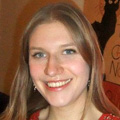
About Robin Stevens
Robin started out writing literary features for Litro and joined the team in November 2012. She is from Oxford by way of California, and she recently completed an English Literature MA at King's College, London. Her dissertation was on crime fiction, so she can now officially refer to herself as an expert in murder (she's not sure whether she should be proud of that). Robin reviews books for The Bookbag and on her own personal blog, redbreastedbird.blogspot.co.uk. She also writes children's novels. Luckily, she believes that you can never have too many books in your life.

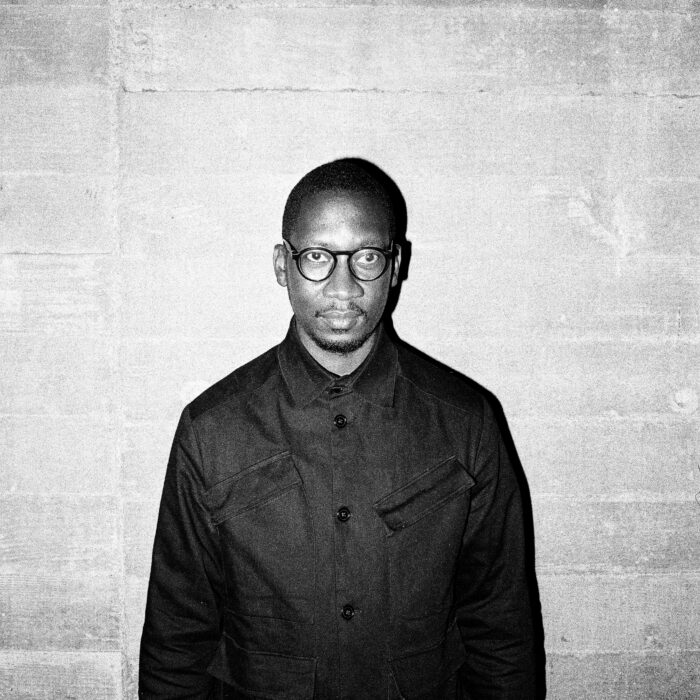
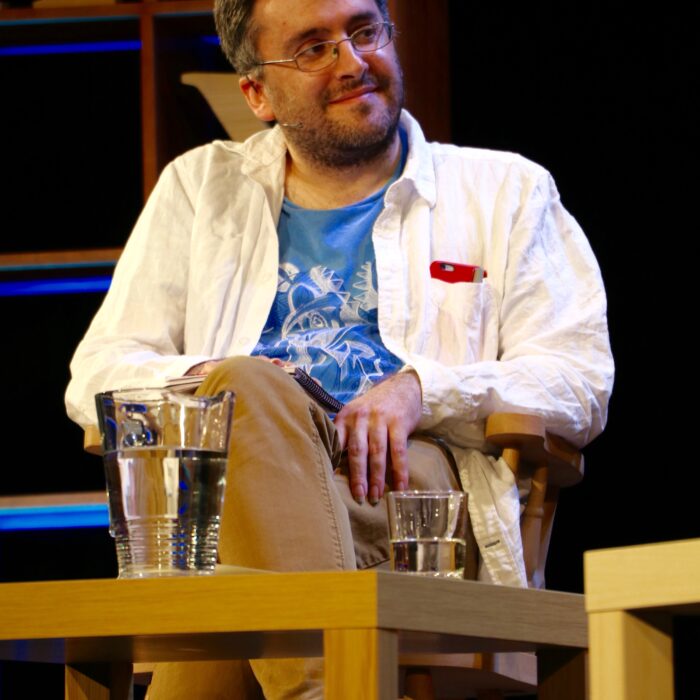
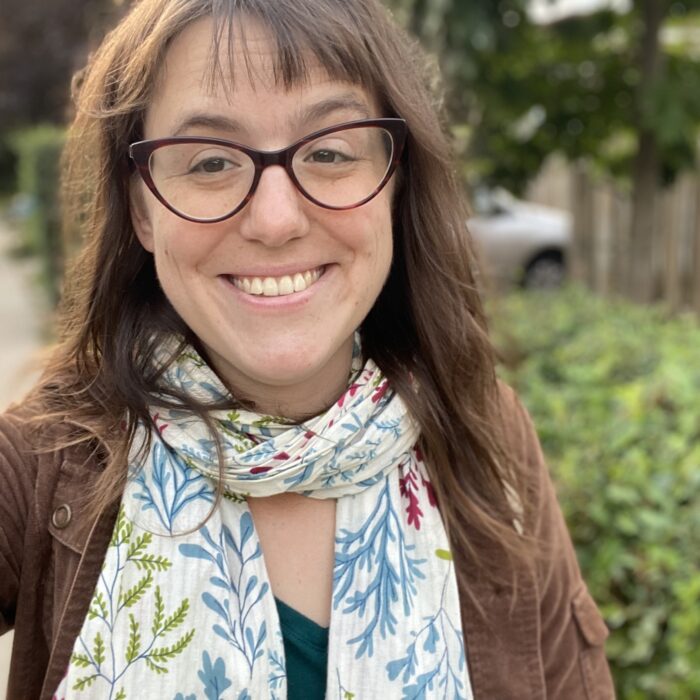
Last week I interviewed @missjamesonx for @LitroMagazine – it’s up here: https://t.co/tVrodos4